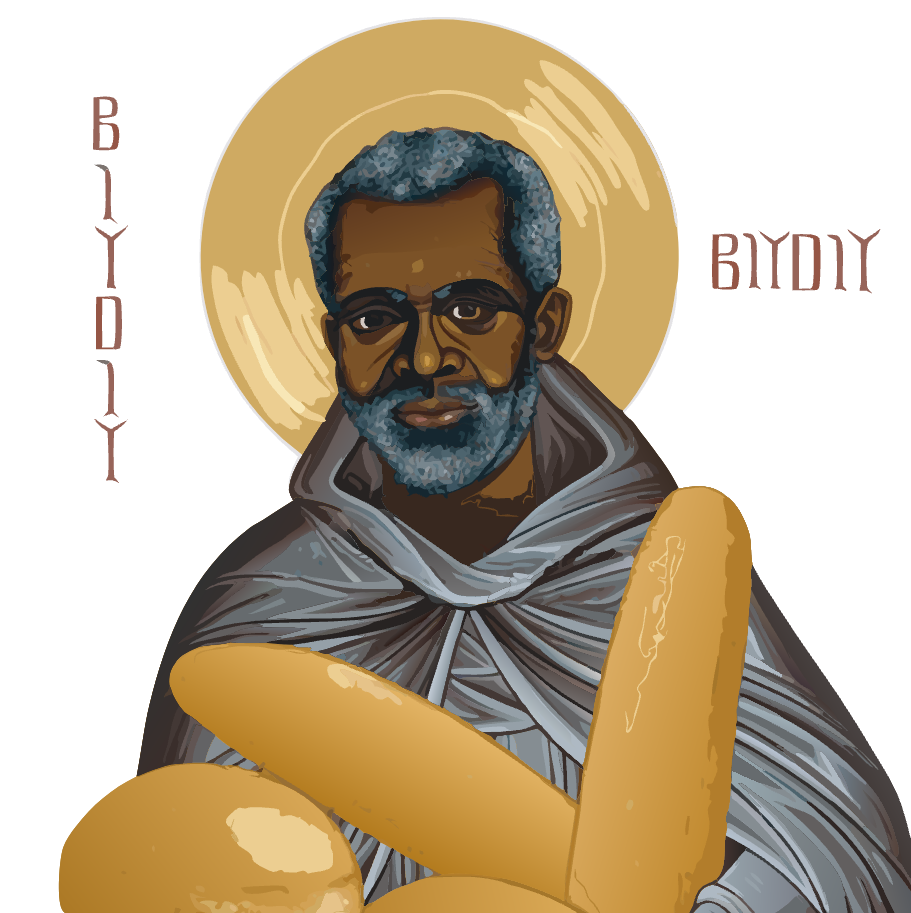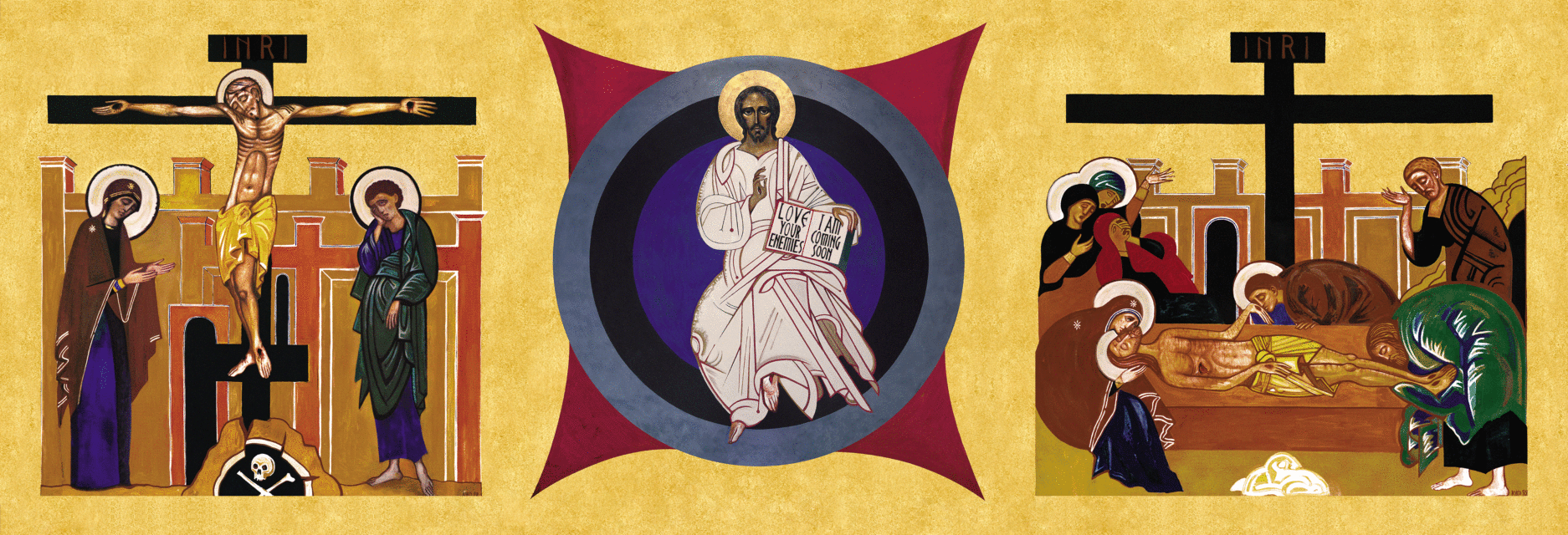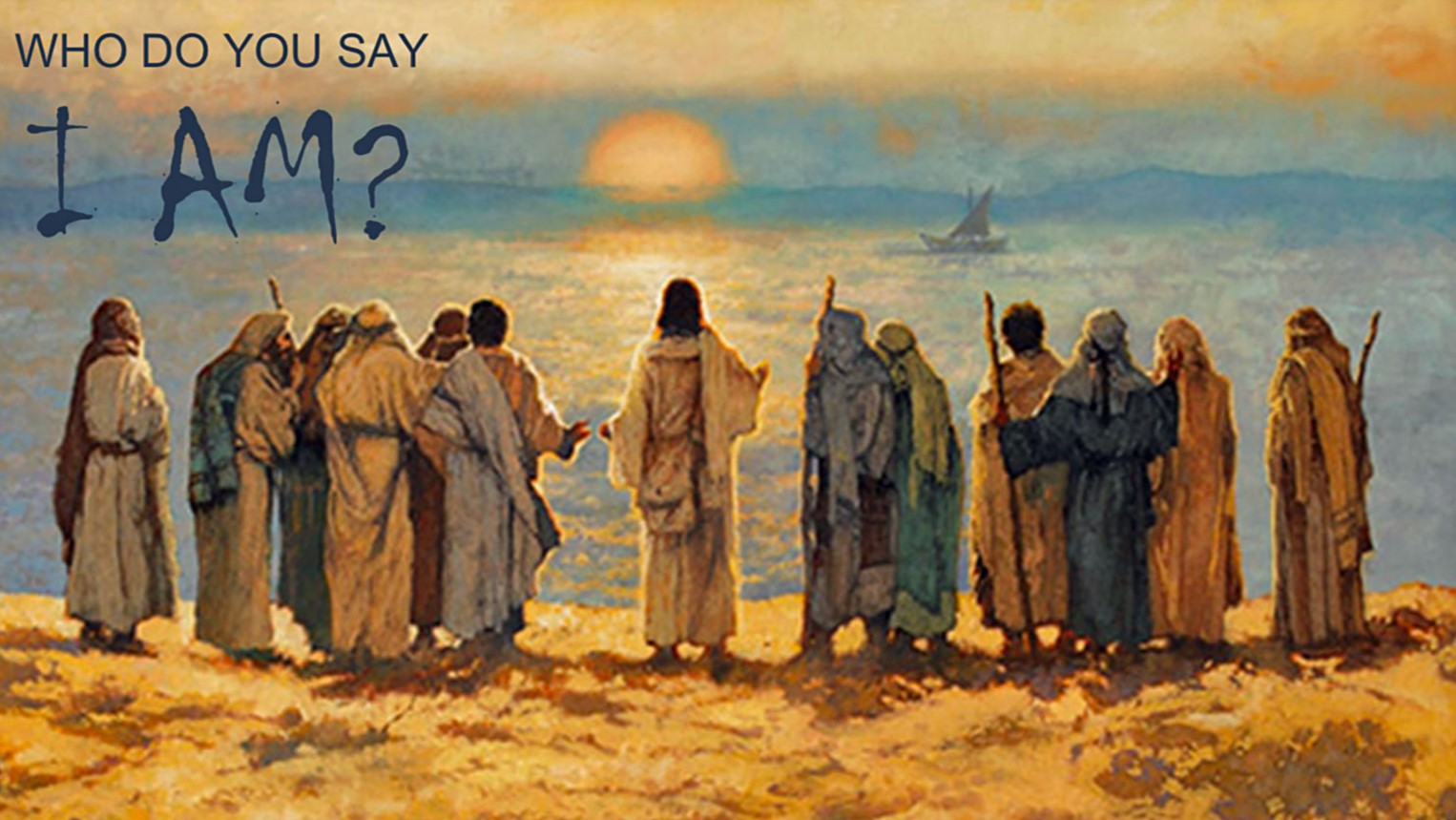This Sunday marks the end of the Christmas season and the beginning of the ordinary time of year “B.” This period will be characterized by the reading of the Gospel of Mark, which, in many aspects, may seem a repetition of that of Matthew heard in the previous year. However, we will see that Mark has his uniqueness, particular and important for understanding the mystery presented in the four Gospels.
The Gospel: Baptism as Divine Manifestation
The episode of the Baptism of Jesus is linked to the Christmas season through the theme of manifestation, present throughout the Christmas period. God reveals Christ as His Son and the awaited Messiah. From the Epiphany, where He is revealed to the magi, now to the waters of the Jordan, revealed by John and especially by the Father who declares Him “the beloved Son” (v. 11). This expression recurs in the Transfiguration (9:7), connecting to Isaac, the beloved son of Abraham (Gen 22:2). Christ’s manifestations announce the paschal mystery, His baptism on the cross (Lk 12:50; Mk 10:38-39), where He perfectly fulfills God’s will. Christ is the man in whom God delights, the total revelation of God’s will to be transmitted to the nations (Isa 42:1-4).
The Baptism of Jesus is also linked to the Christmas season through the “descent” of the Son, as described in Philippians 2:6-11. From a divine position, the Son takes on human nature, lowering Himself to the point of the cross. This descent finds an echo in the meaning of the Jordan, indicating not only a descent but reaching the lowest point on earth. Jesus, being baptized, unites with sinners, anticipating His death. Baptism announces His extreme weakness, but in this weakness, He receives the Holy Spirit to fulfill the Father’s mission. Immediately after, the Spirit will lead Jesus into the desert (Mk 1:12) and throughout His ministry, until the completion of His mission on the cross, where He will “release” the Spirit (cf. 15:37).
Biblical Connections: Baptism, Exodus, and Salvation
The Baptism episode is connected to Isaiah 63:7-19, recalling the Exodus from Egypt. In this text, the Holy Spirit and the Spirit of the Lord are mentioned, symbolizing divine intervention to save the people. This finds a parallel in the direct testimony of the Father to Jesus and the descent of the Holy Spirit upon Him. Jesus, emerging from the waters, is led into the desert by the Spirit to be tempted, emphasizing His primogeniture over His brothers (Rom 8:29). Through Christ, the heavens open, allowing the descent of salvation. Jesus’ death on the cross, His true “baptism,” allows access to God, inaugurating the possibility of being baptized in the Holy Spirit, becoming children guided by the Spirit (Rom 8:14).
Christ’s Ministry and the Role of the Holy Spirit
The Holy Spirit, descending on Jesus, will guide Him in His ministry to fulfill the Father’s will. It is the “word” that comes out of God’s mouth, not returned until it has accomplished what He desires. Christ is the “Servant of the Lord” through whom God’s will is accomplished, submissive in all things to the Spirit He has received and will “release” at the moment of His death. His death allows anyone to access salvation, receiving the same Spirit. With the same Spirit, He will baptize His disciples so that they can perform the same works.
The Second Reading: Victory through Faith in Christ
The reading speaks of the victory of those who believe in Christ, who came with a baptism of water, blood, and Spirit. Through baptism, we are born of God, become His children, and overcome the evil one through faith in Christ. Faith is the anchor that holds us firm against the devil’s tricks. Being grounded in faith in Christ allows us to overcome the evil one until the end. Whoever is born of God cannot be touched by the evil one, and what has overcome the world is our faith in Christ, the one who has conquered the world.
In conclusion, the feast of the Baptism of Jesus marks a new beginning, revealing the mystery of God’s descent to earth for the salvation of humanity through the death and resurrection of Christ.




